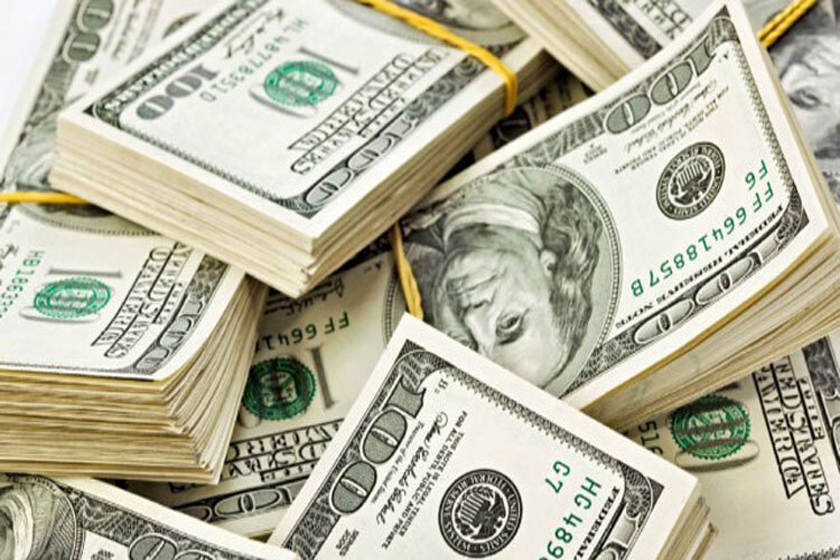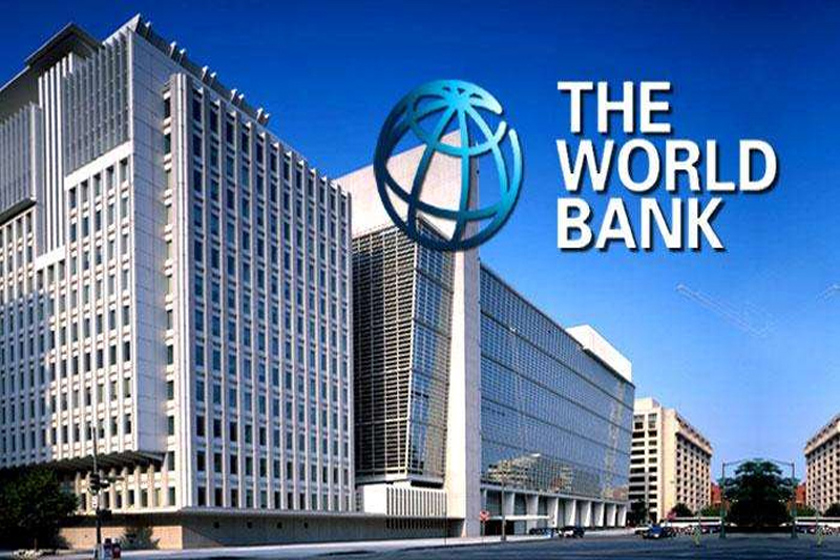
Earlier in the last week, banks, foreign exchange dealers and the BB agreed that no bank would offer exchange houses more than Tk 93 for a US dollar. COURTESY
Bangladesh Bank (BB) has warned at least four banks for breaching the exchange rates they agreed on earlier, according to a senior BB official. “We have sought an explanation from these banks and warned them not to repeat it again,” said the official.
Earlier in the last week, banks, foreign exchange dealers and the BB agreed that no bank would offer exchange houses more than Tk 93 for a US dollar. But four to five banks breached it by quoting over Tk 95 for a dollar, which irked the central bank and forced it to warn these banks.
As a result, exchange rates remained stable for the last few days after volatility for weeks, a number of treasury officials of different banks said.
“Today (Sunday) no bank quoted an exchange rate more than Tk 93 for a US dollar. BC sale (for import payments) of dollars was also at Tk 93,” said a treasury banker of a private bank.
The TT rate, which is the rate at which banks settle export proceeds, was Tk 92 for a dollar on Sunday, he said.
In May, Bangladesh witnessed massive volatility in the exchange rate market as the Taka was sliding against the greenback in the wake of rising import bills. Some banks, especially, third and fourth-generation banks were in severe scarcity of dollars to pay import bills because of their mismatch between supply and demand.
The overall situation forced BB to fix exchange rates, but the central bank could not maintain it. After backtracking from the fixed exchange rate the BB reset the interbank rate for three days in a row to align it with the market prices.
Bangladesh Bank launched a floating exchange rate in 2003, but it was not truly floating as the central often intervened in the markets to keep the exchange rate stable, which also paid the country off as exporters got good rates when the demand for the greenback was down, according to a Business Insider Bangladesh report.
The present crisis for the US dollar came to the surface because of the rising trade gap — over $27 billion — in the first 10 months until April of the current fiscal year. Also, remittance, another important source of dollars, is on a decline this year despite the government’s incentive of 2.5 percent for remitting money through the banking channel.












0 Comments